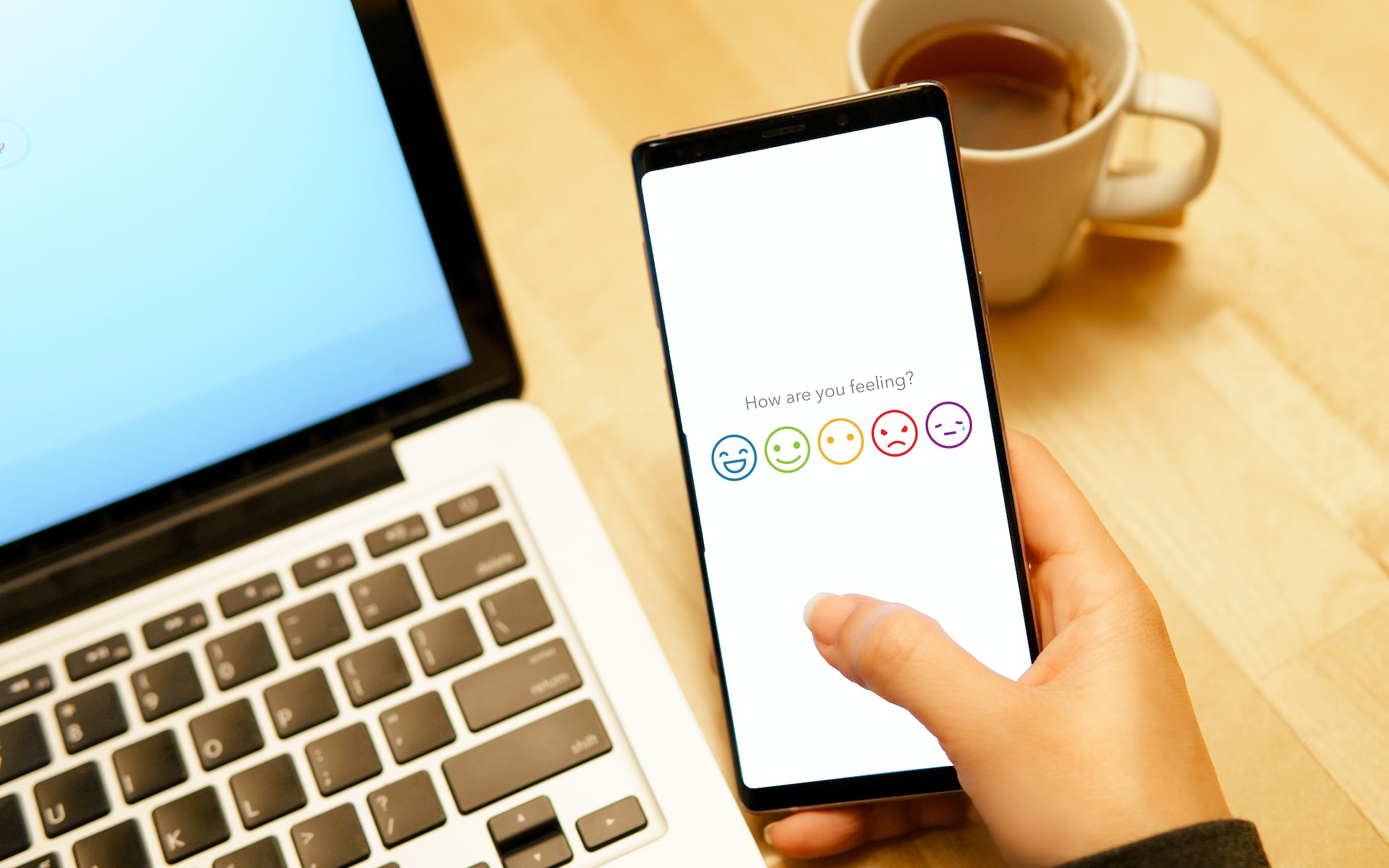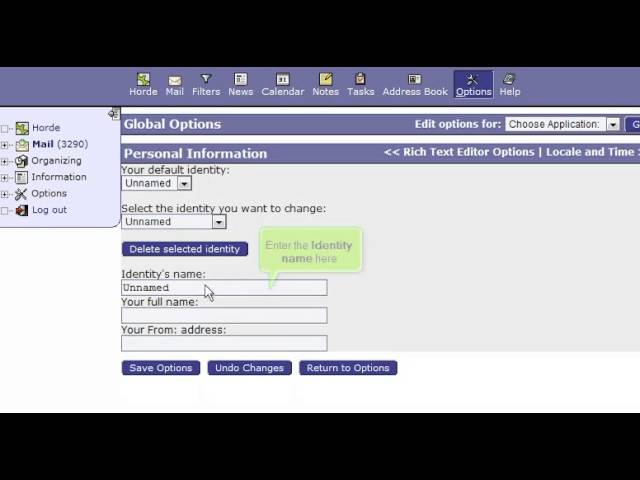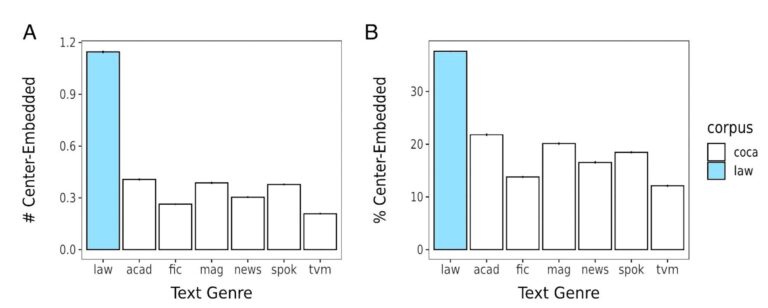Experts discuss the potential risks of mental health apps and offer guidance on making informed choices
The app market is flooded with thousands of mental health apps that claim to offer various services such as meditation, mood tracking, and counseling. However, many of these apps have not been rigorously tested or verified for their effectiveness. While some apps connect users with registered therapists, most provide automated services that lack the same standards of care and confidentiality. Additionally, many of these apps incorporate artificial intelligence (AI) into their design to provide personalized recommendations, but they often fail to disclose the details of their algorithms.
Some apps use AI-driven chatbots to deliver support or therapeutic interventions like cognitive behavioral therapy. However, the algorithms used by these apps are not always transparent. It is likely that most AI chatbots use rules-based systems rather than adaptive models, which can lead to biased or inappropriate information being provided to users. The risks associated with using AI in mental health apps have not been adequately investigated.
While well-designed and properly vetted mental health apps may offer benefits to users, they should not be considered a substitute for professional therapy. The clinical value and efficacy of automated mental health and mindfulness apps are still being assessed, and evidence supporting their effectiveness is generally lacking. Some apps make ambitious claims about their benefits based on weak findings from studies. Furthermore, the fine print of these apps often disclaims any physical, therapeutic, or medical benefits.
In some cases, mental health apps may even cause harm by increasing symptoms rather than addressing them. They may create awareness of problems without providing the necessary tools for resolution. Research on the effectiveness of these apps often fails to consider individual differences and inclusivity for marginalized communities.
Privacy protections in mental health apps are inadequate, with most apps ranking poorly in terms of data protection and cybersecurity practices. Many apps collect user data from various sources and use it for advertising purposes. Conversations with chatbot-based apps are often repurposed to predict users’ moods, and anonymized user data is used to train language models. Some apps share anonymized data with third parties, including employers, which can be re-identified in certain cases.
Choosing a mental health or mindfulness app can be challenging due to the lack of consistent third-party rankings and guides. However, there are steps users can take to assess the usefulness of an app, such as consulting with a doctor, checking for involvement from mental health professionals or trusted institutions, comparing ratings from third parties, and utilizing free trials cautiously.
Ultimately, it is important to remember that an app can never replace the help of a human professional.





